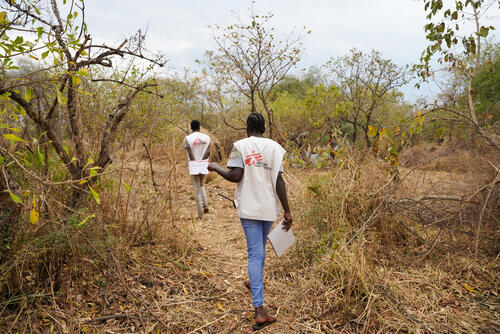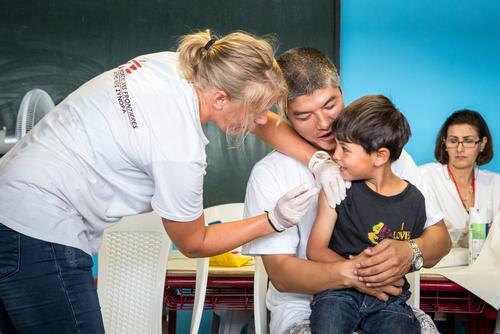Discover all our latest news, stories and publications. Use the filter to get to the content you're looking for.
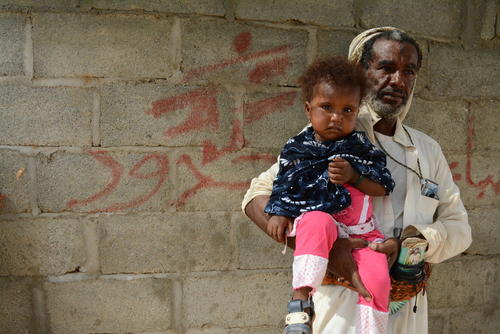
Urgent need for improved water and sanitation to curb cholera
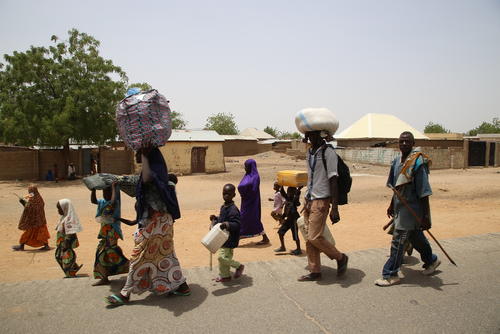
On the move and unable to move because of conflict
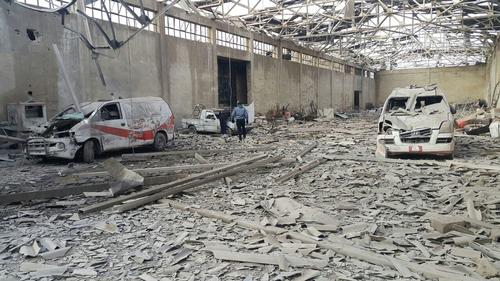
MSF urges G20 to take action on health issues
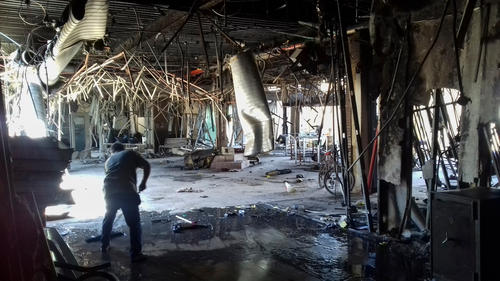
Medical care in West Mosul: “There are no heroes in this story, only victims”.
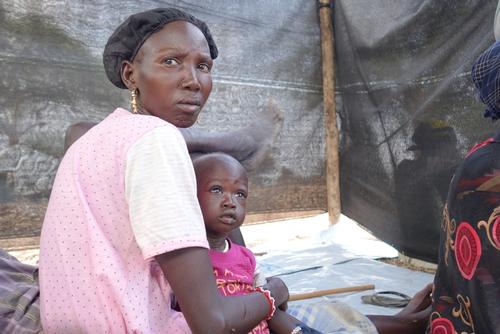
Malnutrition on the rise in Pibor

MSF provides emergency medical care in conflict-affected Kasai region

Zemio, a new town under fire
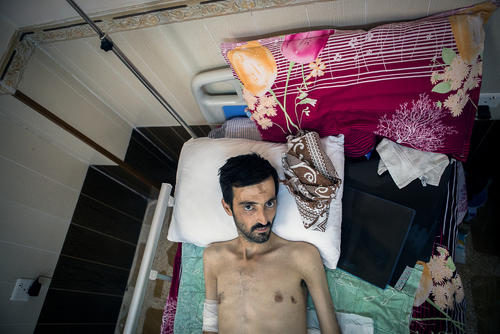
A difficult journey of healing for war-wounded residents in Mosul
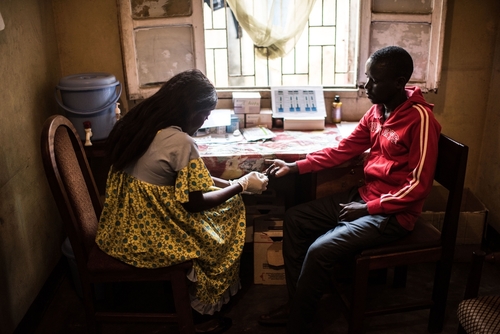
HIV response in West and Central Africa will not succeed if key barriers remain unaddressed
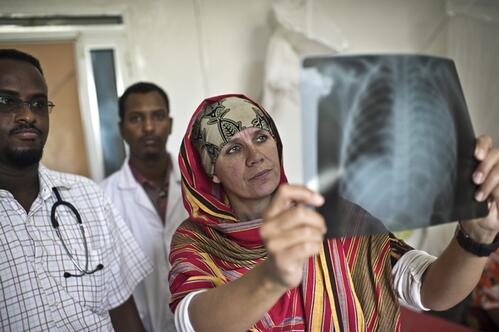
Out of Step 2017
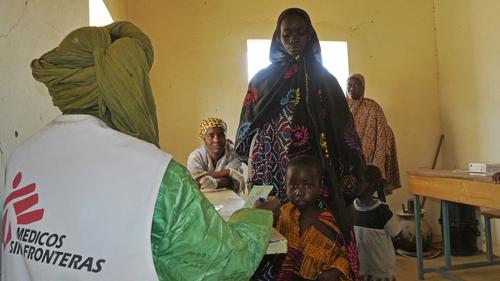
MSF suspends activities in Kidal region
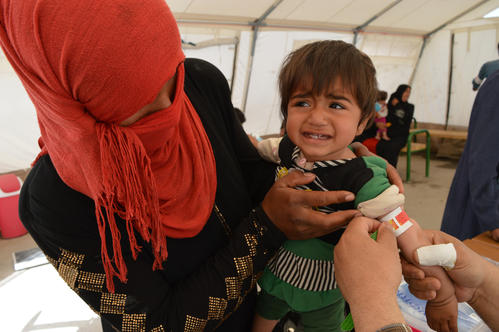
Crisis update - 29 June 2017
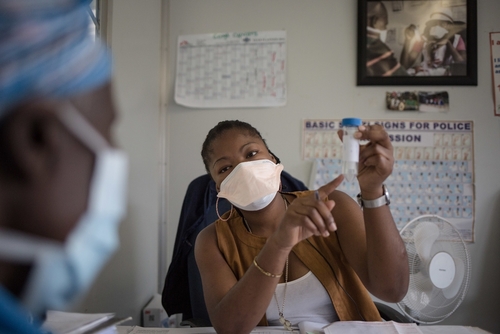
"A long and gruelling seven years and now it is over"
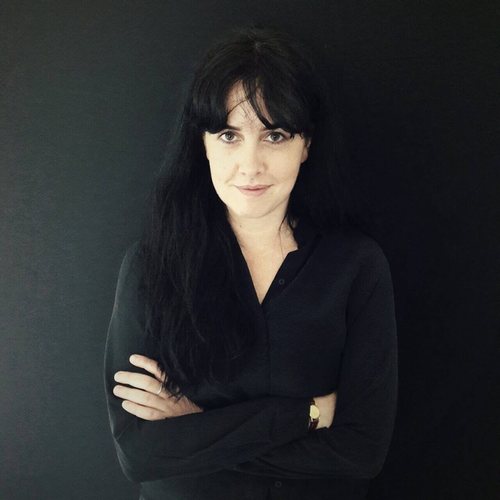
Everything you don’t want to know about torture
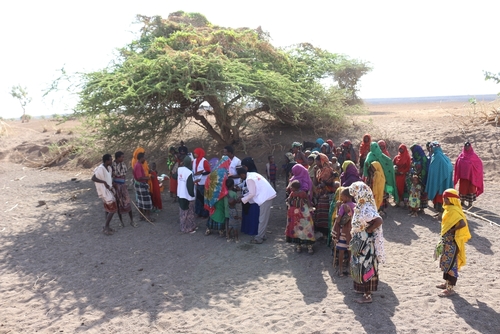
MSF sees tenfold increase in children with malnutrition in Doolo zone
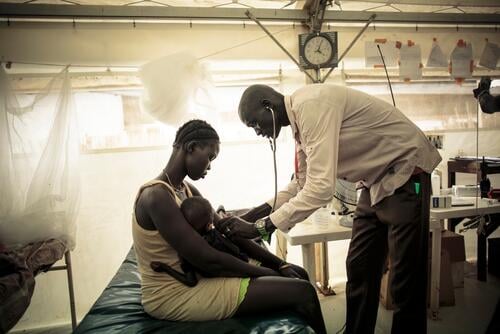

MSF resumes medical activities
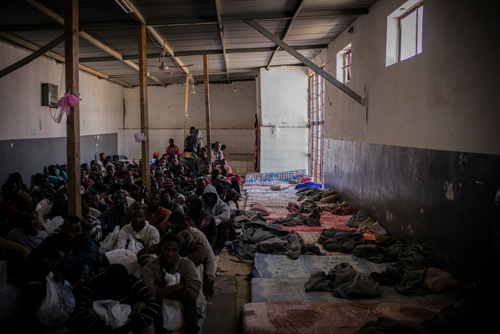
Providing assistance to migrants and refugees
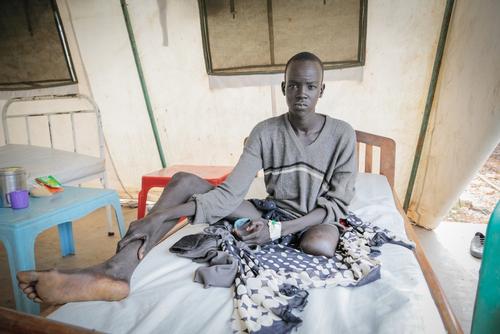
MSF welcomes WHO decision to include snakebite on Neglected Tropical Diseases list
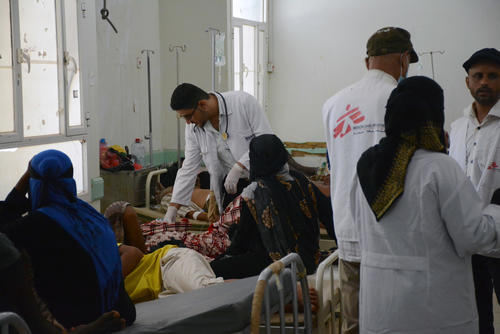
Cholera continues to spread

Heavy fighting resumes in Bria despite peace agreement

Despite generous policy, basic needs of refugees are not being met
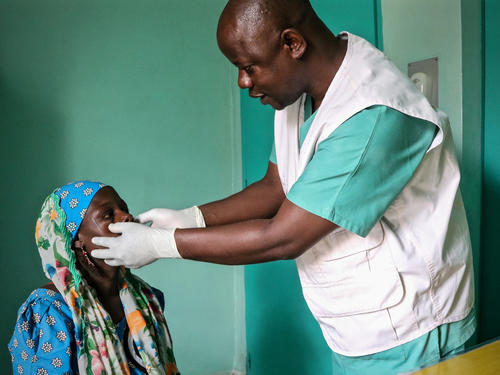
Hepatitis E outbreak in Diffa – 186 pregnant women admitted to hospital

How we deliver medical humanitarian assistance
Everywhere we work, the circumstances are unique. Nonetheless, our programmes generally follow a common set of practices designed to make sure our resources and expertise are used to maximum effect.



